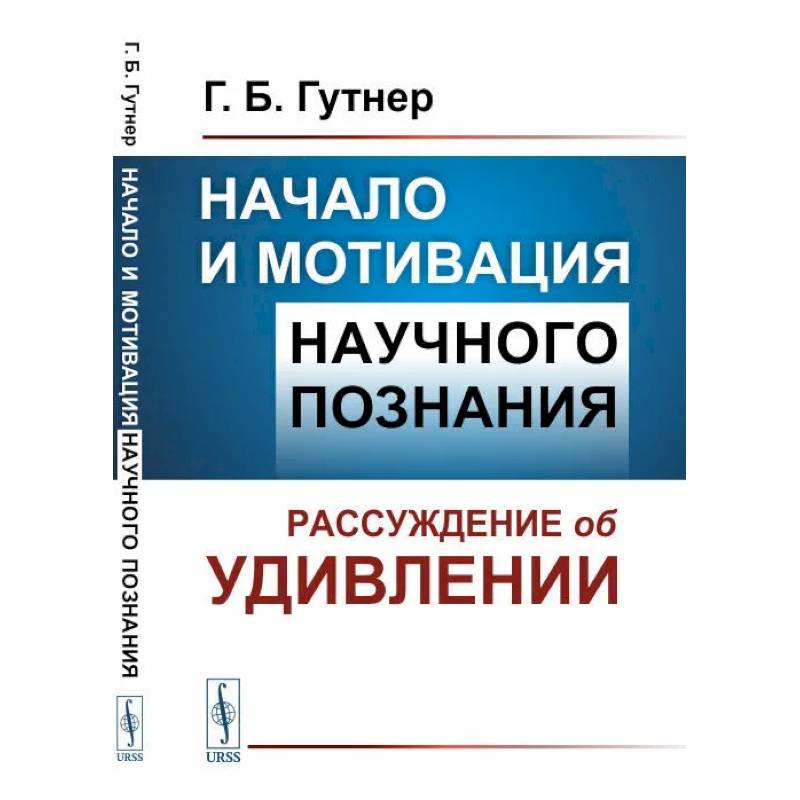The beginning and motivation of scientific knowledge: Reflection on wonder
Please sign in so that we can notify you about a reply
The book discusses the theme of the beginning of scientific knowledge, understood as a philosophical problem. The beginning is not considered as a purely historical process or a chronologically fixed origin of science. It is about a special act of thought that occurs every time a person turns to scientific creativity. Without such an act, science risks degenerating into some other practice, ceasing to be truly scientific. The main content of the mentioned act is wonder. Referring to Plato's thesis from the dialogue "Theaetetus," repeated by Aristotle in the "Metaphysics," the author traces the theme of wonder in philosophical and scientific texts of different epochs. Wonder itself is considered not as a psychological state but as a way of thinking.
The essential moment of wonder is the constitution of the object, i.e., the extraction from the totality of the "ready-to-hand" (M. Heidegger) object of special interest requiring special study. The book extensively examines two types of objectivity associated with the concepts of "object" and "instrument." Each type of objectivity is closely related to a specific use of language and ontology. In other words, the book suggests considering the discourse of wonder, which is an essential part of scientific discourse. This discourse is opposed to instrumental or utilitarian discourse. It also shows the complex interaction of both types of discourse, the possible transformation of one into the other.
The book is addressed to philosophers as well as to anyone whose interests are related to philosophy and the history of science, theory of knowledge, including scientists from various fields.
Author:
Author:Gutner G.B.
Cover:
Cover:soft
Category:
- Category:Phylosophy
Publication language:
Publication Language:Russian
Paper:
Paper:offset
Dimensions:
Dimensions:22x15x1.4 cm
ISBN:
ISBN:978-5-9710-7738-1
No reviews found
